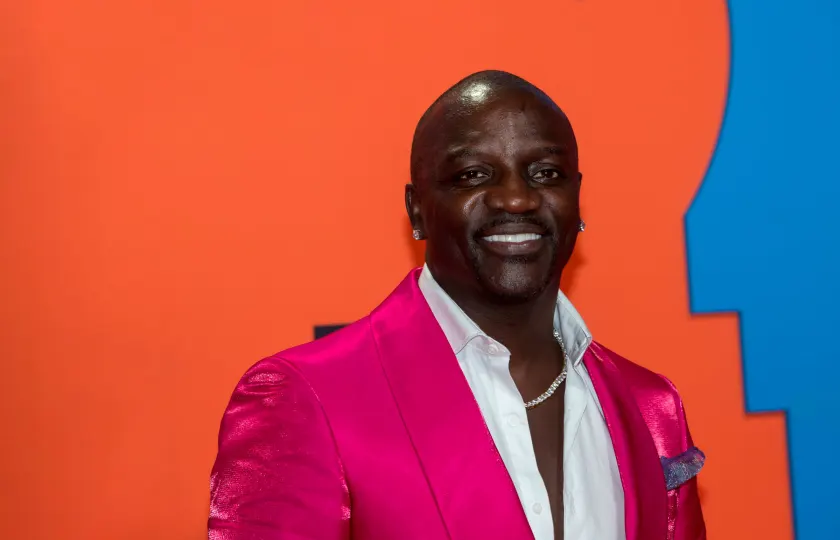Senegalese-American singer Akon has opened up about his part in shaping the sound and rise of Afrobeats, the music genre that has now become a global sensation.
In a recent interview on Sherri, Akon confidently stated that his work with Nigerian artists and music leaders in the late 2000s and early 2010s laid the foundation for what the world now knows as Afrobeats.
Akon, who is also the founder of Konvict Muzik, recalled those early years with pride. “2008 was my last official album, which was the Freedom album,” he shared. “Then I produced music for the 2010 FIFA World Cup in South Africa. From there, I went to Nigeria. What we created in Nigeria is what you hear today as Afrobeats.”
Early partnerships with Nigerian stars
He pointed out that his team was one of the first to sign Nigerian star Wizkid. “Wizkid was the first Nigerian artist we signed back in 2008,” Akon said. “We went there to work with him and Banky W. From there, we started developing other artists like P-Square, D’banj, and more.”
Akon’s memories reach back to a time before Afrobeats became the global force it is today. Back then, Nigerian artists were still mainly popular within Africa. But thanks to collaborations with international stars and music executives like Akon, they began gaining attention across the world.

A bigger purpose behind the music
The singer stressed that his role in opening global doors for African music was not just chance. He believes it was part of a bigger purpose. “It’s the role God put me in,” Akon explained. “I just feel like I am a beacon to somebody’s success. I don’t know who it will be, but everything we have touched so far has been really successful. And I’m grateful for that.”
Akon’s claims highlight a key moment in Afrobeats history. Before the genre hit the mainstream, artists like Wizkid, Banky W, P-Square, and D’banj were already pushing the sound forward in Africa. But it took support from major figures like Akon to break into international markets.
Using his fame to lift others
In the late 2000s, Akon was already a household name. Known for hits like Lonely and Smack That, he had the star power and connections to help lift African artists onto the world stage. By signing artists like Wizkid, Akon gave them not only exposure but also the tools and backing to reach wider audiences.
Wizkid, for example, has since become one of Africa’s biggest stars. He has worked with global giants like Drake, Beyoncé, and Justin Bieber. Meanwhile, D’banj’s Oliver Twist broke into the UK charts, and P-Square’s hits filled dance floors worldwide.
Blending cultures, creating a global sound
Akon’s involvement was not just about business. It was also about cultural exchange. By working closely with African artists, he helped shape a sound that blended African rhythms with global pop influences. That sound became known as Afrobeats, a term that today covers a wide range of styles but always carries the energy and creativity of West Africa.
Today, Afrobeats is one of the most exciting music movements in the world. From Lagos to London to Los Angeles, Afrobeats artists are topping charts, selling out shows, and gaining millions of streams.
Looking ahead: A lasting legacy
Looking back, Akon feels proud of the part he played. “I’ve always wanted to be part of something bigger,” he said. “It’s not just about me. It’s about building something that lasts, something that helps others shine.”
While Akon is not the only figure to help push Afrobeats forward, his early involvement remains a key piece of the story. By believing in African talent early on, he helped open the way for today’s wave of global African stars.
In the end, Akon’s message is one of teamwork and vision. As he put it, “I just want to be that light, that guide. And as long as we keep creating and working together, I believe African music will keep rising.”
Read Also: Afrobeats isn’t complete without me, says Davido
Afrobeats going through a lot– Paulo Okoye



